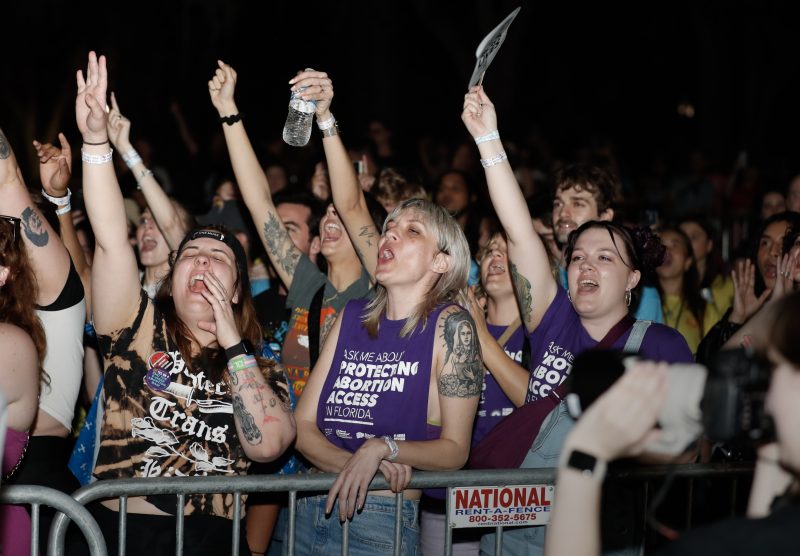As the political landscape in the United States continues to evolve, discussions surrounding key figures and policies remain at the forefront of public discourse. Among young liberal Democrats, the current administration under President Joe Biden has elicited varying reactions and sentiments. While some individuals within this demographic may express active support for President Biden and his agenda, there is a notable segment for whom Biden is not a popular topic of discussion.
The reasons behind this lack of enthusiasm towards President Biden among some young liberal Democrats can be attributed to several factors. One significant aspect is the perception of Biden’s policy positions and the pace of progress in fulfilling campaign promises. Despite Biden’s efforts to enact various legislation, including the American Rescue Plan and infrastructure initiatives, there is a feeling of discontent among individuals who believe that more ambitious measures are necessary to address pressing issues such as climate change, healthcare, and income inequality.
Moreover, Biden’s approach to certain policy areas, such as immigration and criminal justice reform, has also sparked criticism from segments of young liberal Democrats. The perceived lack of bold reforms and a failure to adequately address systemic inequalities have led to disillusionment among those who expected more transformative change from the current administration.
In addition to policy considerations, concerns regarding Biden’s leadership style and perceived lack of charisma have contributed to the disinterest in discussing him among some young liberal Democrats. Comparisons to previous Democratic figures, such as former President Barack Obama, have further highlighted the perceived shortcomings of Biden in connecting with younger generations and inspiring a sense of unity and mobilization.
Furthermore, the generational divide within the Democratic Party has become more pronounced in recent years, with younger progressives pushing for a more radical and visionary approach to governance compared to the moderate and incrementalist strategies favored by established party leaders. This ideological rift has further diminished Biden’s appeal among some young liberal Democrats, who view his presidency as a continuation of centrist politics rather than a vehicle for meaningful change.
Despite the reservations towards President Biden among certain segments of young liberal Democrats, it is essential to acknowledge the complexities and nuances within the Democratic Party. While diverging opinions and critiques exist, there remains a shared commitment to advancing progressive values and creating a more equitable society.
In conclusion, the tepid reception of President Biden among some young liberal Democrats reflects a broader trend of generational and ideological shifts within the Democratic Party. As political dynamics continue to evolve, engaging in constructive dialogue and fostering a sense of unity and purpose will be crucial in navigating the challenges and opportunities that lie ahead for the party and the nation.

